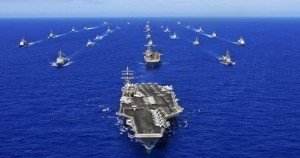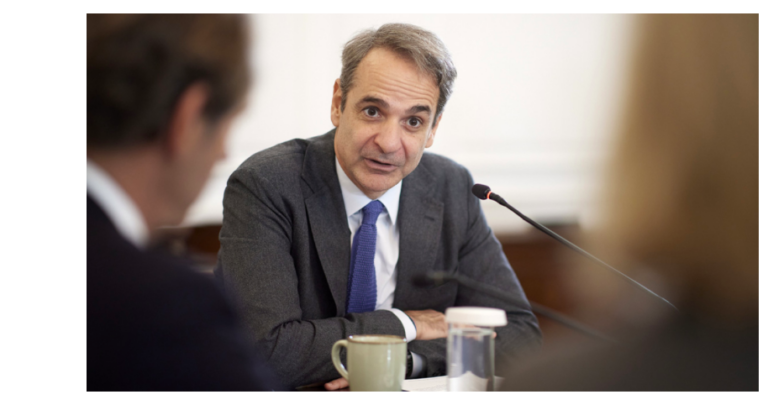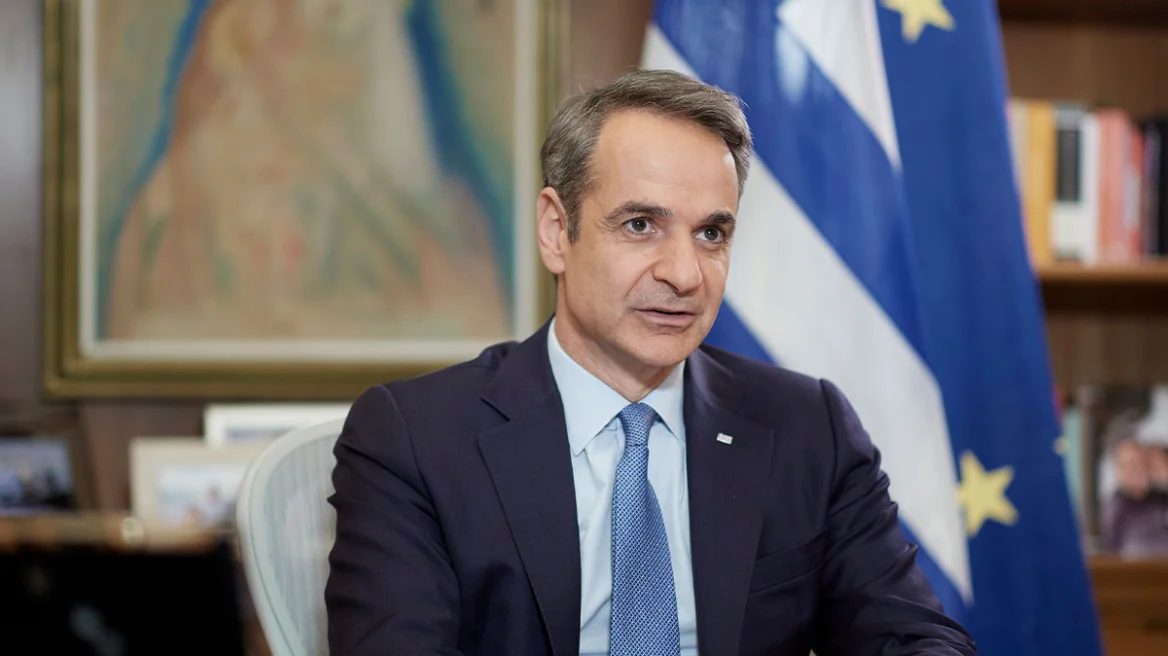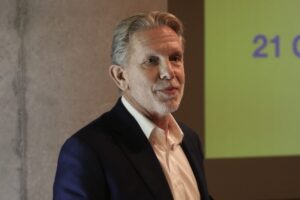Donald Trump warned he was sending an “armada” to the Korean peninsula, as fears over American policy towards Pyongyang prompted a hurried phone call between the US president and his Chinese counterpart Xi Jinping.
In an interview with Fox Business Network on Tuesday evening, Mr Trump warned that North Korean leader Kim Jong Un was “doing the wrong thing”, in a reference to the growing threat from his nuclear programme.
“We are sending an armada. Very powerful,” Mr Trump told the television channel. “We have submarines. Very powerful. Far more powerful than the aircraft carrier.”
Mr Trump was speaking after Pyongyang threatened to respond to any aggression by targeting the US. “Our revolutionary strong army is keenly watching every move by enemy elements with our nuclear sight focused on the US invasionary bases not only in South Korea . . . but also in the US mainland,” said the state-run Rodong Sinmun newspaper.
China’s state news broadcaster CCTV said Mr Trump and Mr Xi had spoken by phone on Wednesday morning Beijing time, with the Chinese president stressing the need to avoid conflict in dealing with North Korea.
Mr Xi told the US president that China wished to “solve the issue in a peaceful way” but would “stick to the goal of peninsula de-nuclearisation”, CCTV reported.
On Twitter, Mr Trump wrote that he had told Mr Xi that a bilateral trade agreement between the two countries would be more beneficial for China “if they solve the North Korean problem!”
“North Korea is looking for trouble,” Mr Trump wrote in a second tweet. “If China decides to help, that would be great. If not, we will solve the problem without them!”
Mr Trump’s comments came just days after the Pentagon abruptly ordered the USS Carl Vinson strike group — an aircraft carrier with accompanying warships and other naval vessels — to deploy to waters near the Korean peninsula.
While North Korea has a long history of bellicose rhetoric, tensions have dramatically risen because of US concerns that Pyongyang is approaching the capability of hitting the US with a nuclear weapon. KT McFarland, deputy US national security adviser, recently told the Financial Times that it would reach that milestone during Mr Trump’s four-year term.
While the move to deploy an aircraft carrier was not unusual, it took on more significance after the US on Friday launched missiles at Syria, a strike the White House said had sent a message beyond the regime in Syria to the whole world.
North Korea on Tuesday launched a foreign affairs committee, which South Korean officials and analysts expect to form part of an upcoming “charm offensive” by Pyongyang.
The committee, formed at the country’s annual parliamentary session and comprised of mostly diplomats and trade negotiators, was “an attempt to get away from international isolation and improve relationships with foreign countries amid growing outside pressure”, said an official at the South Korean unification ministry.
Cheong Seong-chang, a research fellow at the Sejong Institute in Seoul, said: “North Korea is expected to actively mount a charm offensive in order to improve its relationship with the US, Japan and South Korea.”
Mr Trump has made North Korea his top foreign policy priority. He has warned China — first in an interview with the Financial Times — that he would take unilateral action if the Chinese government did not put more pressure on Pyongyang to rein in its nuclear programme. He repeated that message directly to Chinese president Xi Jinping when the two leaders held a summit at his Mar-a-Lago resort last week.
In a tentative sign that China might be responding, China’s state-owned nationalist tabloid the Global Times warned on Wednesday that Beijing was losing patience with North Korea and could consider cutting off oil exports “if the North makes another provocative move this month”.
Dennis Wilder, a former top China analyst at the CIA, said the Global Times editorial was the “strongest language” he had seen China direct at its neighbour.
While Global Times editorials are not official government policy, they often reflect the thinking of the military or foreign policy establishment and are frequently critical of North Korea. Chinese experts on North Korea emphasised the newspaper’s caveat that the UN Security Council would have to adopt restrictions such as cutting off oil exports before Beijing followed suit.
Ahead of his meeting with the Chinese president, Mr Trump was presented with a range of options for tackling North Korea, from sanctions to more dramatic options such as placing nuclear weapons in South Korea and the assassination of Mr Kim.
Mr Wilder, who also served as the top White House adviser to George W Bush, said the Trump administration appeared to have decided to pursue non-military options for now, in the hope that China would put more pressure on North Korea.
“The current goal is to get the Chinese to step up to the plate by showing US resolve. It’s premature to think of military options,” he said.
A Chinese oil embargo would primarily affect transportation in North Korea, said Cai Jian, an expert at Fudan University in Shanghai. “I think our government when considering how to control their actions might consider an oil cut. But they might not cut off supply entirely,” he said. “It could result in severe economic disruption. We are not too willing to see that.”
Mr Kim’s actions have convinced policymakers in Beijing that de-nuclearisation of the Korean peninsula is an increasingly pressing issue. But Mr Cai said China, South Korea and Japan would all oppose any missile strike on North Korea.
“Syria and North Korea are entirely different,” he said. “Syria has no ability to respond, but North Korea has. It doesn’t just have nuclear weapons, it has long-range missiles and could do a lot of damage to South Korea.”
Ask me anything
Explore related questions





